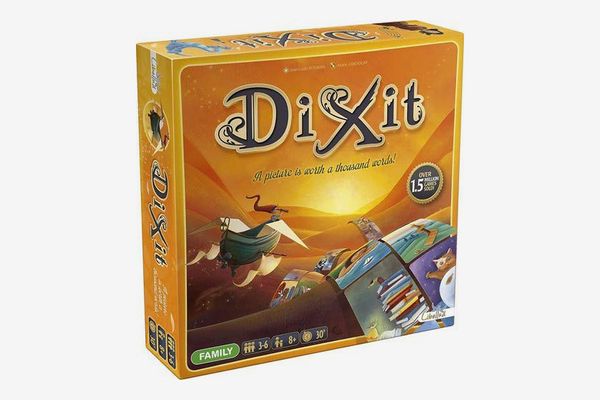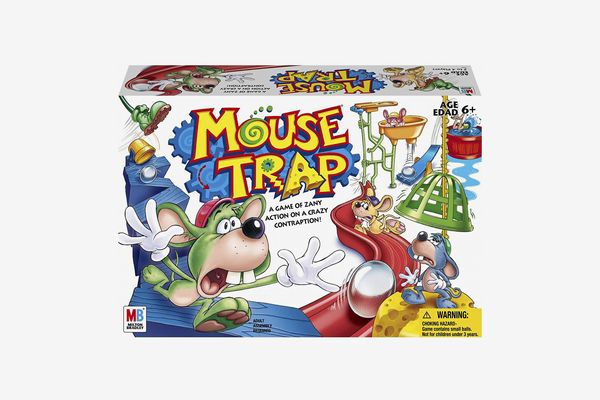Top 10 Best Board Games for Kids: Fun and Learning Combined
Top 10 Best Board Games for Kids: Fun and Learning Combined
Blog Article
The Ultimate Guide to Choosing the Best Board Games for Kids
Board games have long been a preference of household entertainment, providing opportunities for cultural connection, strategic thinking, and creativity. With countless possibilities, selecting the proper kids board games can be a daunting task. That guide traces essential factors to take into account when choosing the most effective board games to make certain both enjoyment and developmental benefits.

Era Appropriateness
One of the first factors when choosing a board game is age the kids who will soon be playing. Board games in many cases are designed with unique age brackets in your mind, considering the cognitive and cultural skills common of those ages. Look for era suggestions on the packaging or item explanation to ensure that the game fits your child's developmental stage. Activities designed for younger kids frequently feature simpler rules and faster playtimes, while these for older kiddies might involve more technical methods and lengthier durations.
Academic Value
Several board games present academic benefits, supporting kiddies build crucial skills whilst having fun. When selecting a casino game, consider what abilities it promotes—be it critical considering, arithmetic, examining, or cultural interaction. Games that include counting, spelling, or strategy may enhance class understanding in a playful environment. Parents and educators usually enjoy activities that mix entertainment with understanding, creating them a good selection for equally playtime and educational reinforcement.
Group Measurement and Interaction
Board games differ considerably when it comes to the amount of people they accommodate. Some games were created for 2 people, while the others can require big groups. Consider the normal playgroup measurement whenever choosing a game. In the event that you often host gatherings or family sport days, try to find activities that will support more participants to inspire connection and teamwork. Moreover, assess the amount of cooperation versus competition within the game. Supportive activities, where players work together toward a standard aim, can foster teamwork and communication abilities, while aggressive activities can teach balanced competition.
Playtime and Difficulty
The duration of gameplay may somewhat impact your family's enjoyment. Some kiddies have shorter interest spans, making quick games more inviting, while others might flourish in longer, more immersive experiences. Examine the common play suggested on the field and consider your children's preferences. Complexity is another important factor; young kids might take advantage of easier rules, while teenagers may appreciate the task of more complicated mechanics.
Themes and Interests
Young ones are often drawn to games that arrange using their interests, whether that is fantasy, adventure, or history. Choosing a game title with a design that resonates with your child may enhance their proposal and enjoyment. Browse through the game's parts, graphics, and premise to ensure it reflects their imagination.

Conclusion
Picking the best board games for kids involves an innovative factor old appropriateness, instructional value, party dynamics, playtime, difficulty, and particular interests. By maintaining these factors in your mind, you can make activities that not just entertain but in addition contribute to your child's progress and foster beloved household memories. With the best board games , household game nights may become a popular tradition filled up with fun and learning. Report this page